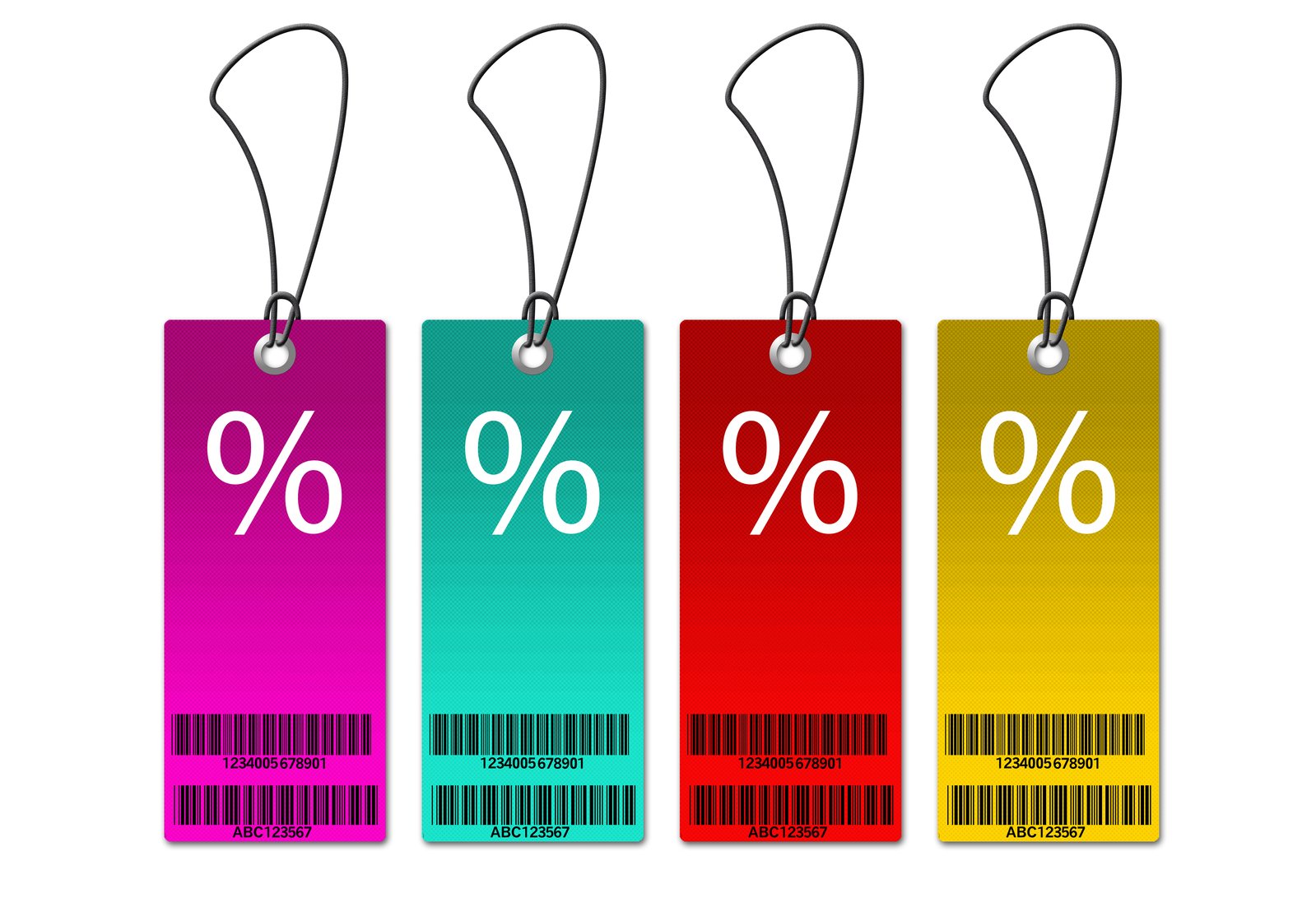
We’re not perfect till we allow the ‘Econs’ within us to take over, ahead of the emotional-cum-impulsive being, while making consumption choices.
I prefer to think of myself, like we all mostly do, as a rational human being, making choices that most often than not, reflect my superior sense of rationality. However, if I’m given an option to choose between $10 today and $12 after a month, I’d end up with the former offer! To put it bluntly, we aren’t as logically consistent as we’d like ourselves to be; rather there’s an inclination towards being biased in certain scenarios.
Behavioural Economics, in fact, dictates that we might not be as rational as we think we are. There are a lot of factors that influence our behavior and traditional economic theory does not always suffice for the explanations. Let’s take my aforementioned example for the moment- traditional economic theory would call for me to choose the $12 deal over the $10 one. Why? It’s simple enough- I’m supposed to maximize my gain in order to achieve the highest possible utility out of this transaction. However, there’s always another side to the coin- the ‘Psychological’ and the ‘Personal’ factors- the value of the $10 to me today, might outweigh the value of the $12 post a month. It may even be the case that (as our Behavioural Economists would describe it) the emotional-cum-impulsive part of me took the upper hand, and I settle for the more lucrative offer as per the vision of my Econ counterpart.
Hence, here lies the point of crucial understanding of working with the human psyche. Often enough, businesses tend to overlook this part since it does not possess a statistical identity attached to it. Let’s understand this through another example: Suppose there are two restaurants, A and B. Both these restaurants are relatively new in the market, striving to make a name for themselves as top restaurants in the city. Restaurant A offers a wide range of dishes under their menu- serving 20 and 25 different preparations of chicken and pork respectively. As a result of this, in the first 6 months of their operation, they discover that 90% of their orders revolve only around a few selected preparations and nobody seems to order for the not-so-common dishes. On the other hand, Restaurant B has limited options in terms of their preparation of both chicken and pork. However, here lies the catch- the list of items in the menu is limited, however, it offers customers to choose among the various modes of preparation while they’re placing the order. For example, when a customer is ordering for a portion of chicken, he or she chooses the choice of sauce they want it to be cooked in; they are asked whether they want their noodles to be served stir-fried or deep-fried, so on and so forth. This, in contrary to Restaurant A’s observation, leads to higher sales from a variety of preparations, rather than being constrained to only a few. So where, in fact, is Restaurant A lagging in terms of its business model?
Essentially, the notion to diversify their menu is ideal and profitable- but Restaurant A is suffering from the phenomenon of what Economists term it as, is ‘Choice Overload.’ Let’s face it- Homo sapiens are lazy and want their decision-making process to be made easy in every sense of the word. By providing them with a huge list, Restaurant A is essentially making it a daunting decision-making process for someone who’s probably only come to enjoy a nice meal; and in such a scenario of indecisiveness, human beings tend to stick to the basics or order whichever item the restaurant would say its best at! Hence, limiting the amount of choices and options for the client/ customer, in certain cases, is imperative for any kind of business (be it in the corporate field or the public sector) to have a healthier state of operations. Business units must make it a point to ensure that they have a well-defined understanding of their consumers’ psyche before turning to investment decisions, in order to avoid unfruitful results. Strategizing through well-informed notions can aid an organization in maximizing their potential revenue.
Srideep has worked with Dr. Duke Ghosh at Global Change Research, on various projects including the Smart Cities Mission India. He has also worked with Dr. Luisa Cortesi (Yale University) during her research in India. Currently, he’s an International Master in Business student at SDA Bocconi. He is an Economics enthusiast.
An eye opener for most of us especially first stage entrepreneur who are looking for investment options and will also help them to gauge human behaviour.which is absolutely imperative. I sincerely wish the author mr Srideep a very successful career and hope he acts as a guiding force for all the youth in our country,